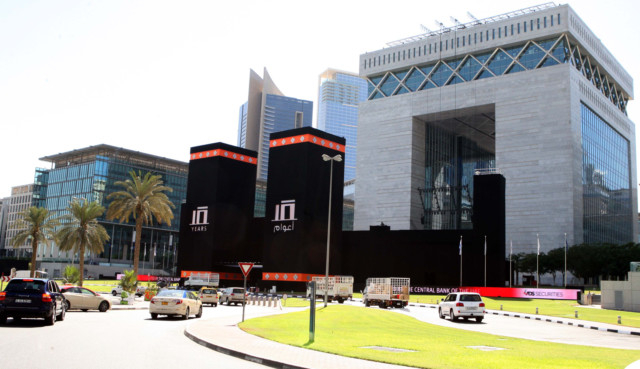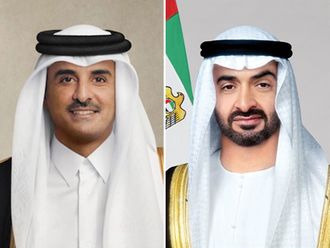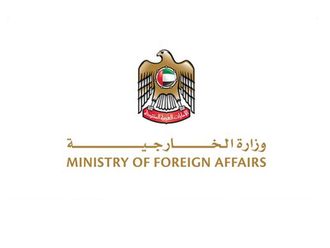
DUBAI In a landmark move, Dubai has set the ball rolling for the introduction of new rules relating to succession and inheritance matters of non-Muslims owning assets in the emirate.
On November 16, the Dubai International Financial Centre’s Dispute Resolution Authority (DRA) launched a month-long consultation with the UAE legal community and the public on a new English language Wills and Probate Registry (WPR) expected to take effect in early 2015.
With its launch, DIFC will become the first jurisdiction in the region where one can register a will under the internationally-recognised Common Law. The new rules have been drafted on the basis of Common Law principles from the Estates Act and Probate Rules of the UK and include elements of legislation in other leading jurisdictions.
Currently, the distribution of assets of a deceased is guided by UAE federal laws such as the Personal Status Law, Civil Transactions Code and by public order. The new rules, which will complement these laws, are expected to boost capital investment and economic growth.
Alastair Glover, Senior Associate, Wragge Lawrence Graham & Co, said: “Once implemented, the rules will provide welcome certainty to non-Muslims in passing their Dubai estate to their chosen heirs without the need for their executors to be involved in often complex, costly and uncertain proceedings in the Dubai Courts. This should result in capital retention in Dubai, as well as growth in direct investment.”
Eligibility criteria
He said: “While the existing UAE law appears to provide that the law of the nationality of a non-Muslim should apply to the devolution of his estate, in practice the Dubai Courts have tended to apply Sharia law at first instance. Assuming the executors and heirs do not wish the Sharia rights of inheritance to apply, they are then forced to appeal such decisions through Dubai Courts. Invariably, this process is uncertain and can take years to resolve. In the meantime, assets located in Dubai may be frozen, forcing some into financial hardship.
“Due to this uncertainty, individuals have been more reluctant to invest in Dubai and tend to minimise assets here by keeping cash offshore and holding real estate through an offshore company. The new rules should make this unnecessary.”
Muslim expats would continue to fall under the jurisdiction of Dubai Courts.
Nita Maru, solicitor and managing partner of TWS Legal Consultants, said: “Any non-Muslim with assets in Dubai will soon be able to execute and register a will under the jurisdiction of the DIFC and its courts. Testators (a person making the will) will also be able to appoint guardians in respect of any minor children within their DIFC will.”
To prepare a valid DIFC will she said: “The testator must be non-Muslim and age 21 or older. The will must only cover assets in Dubai, be signed in front of, and witnessed by, the registrar or an authorised officer and must be registered with the DIFC.”
The will can be prepared by residents and non-residents and covers moveable and non-moveable assets in Dubai. The fee for registering the DIFC will is $2,800 while that for the grant of probate upon the person’s death is $1,500.
Maru said services of qualified and licensed lawyers/law firms registered with the Government of Dubai’s Legal Affairs Department should be enlisted to advise on and prepare the will.
“Wills prepared by unqualified will writers or online often have mistakes and missing clauses. Incorrectly drawn up wills are often found to be invalid and disregarded, or at best ineffective. This can lead to the estate being treated as if you had died intestate, i.e. without a will. Under intestacy laws your assets are distributed according to a set of rules which leave a person’s estate to their next of kin in a fixed order. Even then the slightest error or misunderstanding of the use of legal terms can cause disputes or the will to be invalid.”
Public comments
The public are invited to send their feedback to the consultation email address (consultation@difcprobate.ae). Observations, comments and suggestions must be submitted before the 4pm deadline on December 16, 2014.
YOUSPEAK: What has prevented you from drawing up a will?












